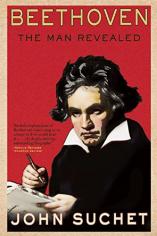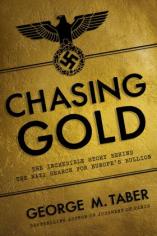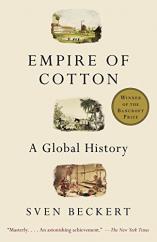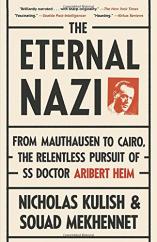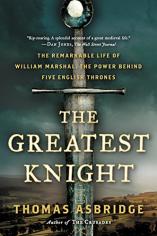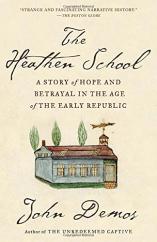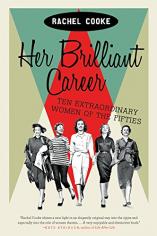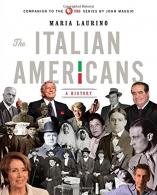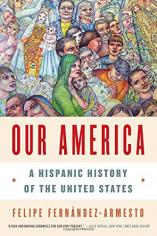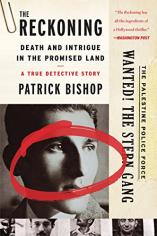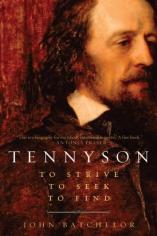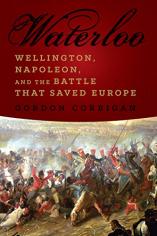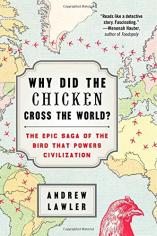December 2014
History Books Roundup: Reliving the Past
December 2014

December’s roundup of History titles includes WATERLOO, a new military history of one of the key battles in world history, by veteran historian Gordon Corrigan, who brings the campaign and battle, its armies and their commanders to fresh and vivid life; THE ITALIAN AMERICANS, a gorgeous companion book to the PBS series, in which Maria Laurino strips away stereotypes and nostalgia to tell the complicated, centuries-long story of the true Italian-American experience; THE GREATEST KNIGHT, Thomas Asbridge’s portrait of one of history's most illustrious knights --- William Marshal --- that evokes the grandeur and barbarity of the Middle Ages; and EMPIRE OF COTTON by Sven Beckert, the epic story of the rise and fall of the empire of cotton, its centrality to the world economy, and its making and remaking of global capitalism.


